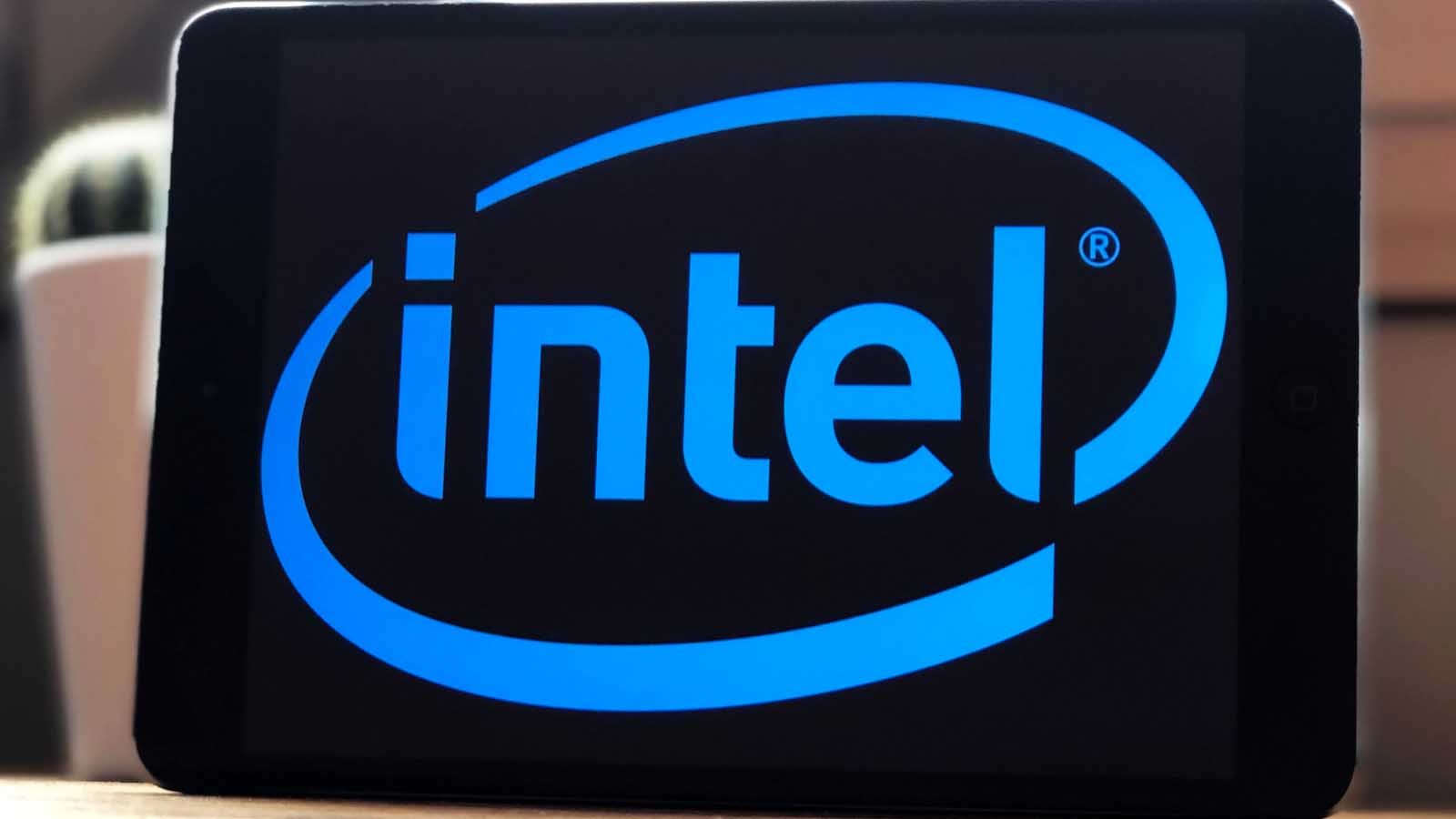Intel (NASDAQ:INTC) share price enjoyed a resurgence in 2023. Many chip stocks performed well because of the buzz around artificial intelligence. Intel’s share price surged over 94.6% in 2023. Intel’s stock has plummeted over 40% this year.
Below are 3 reasons Intel will likely remain a shadow of its former self.
Chip Manufacturing and Intel Stock
Intel’s manufacturing difficulties have been the discussion of many analysts for some years now. The chip manufacturer was once a beacon of American prowess in homegrown chip manufacturing.
However, Taiwan Semiconductor Manufacturing Company (NYSE:TSM) has continued to extend its lead over Intel. Unlike many other semiconductor companies like Nvidia (NASDAQ:NVDA) and AMD (NASDAQ:AMD), Intel has prided itself on doing its manufacturing in-house.
Complications, unfortunately, have hampered Intel’s ability to manufacture down to smaller nodes.
Last year, Intel announced it would decouple its foundry (manufacturing) business from its fabless division, which would provide the chip company’s manufacturing unit with more autonomy and the ability to take on non-Intel clients.
This move will allow the fabless division to mimic TSMC, which could bring about secular tail winds for Intel in the long run. I cannot help but be cynical. Intel is essentially playing catch-up, and it will take a lot of time and resources to absorb the demand for AI chips that’s out there.
China Sales Slump
A couple of weeks ago, Chinese technology champion Huawei quietly released a set of laptops dubbed “MateBook X Pro” that were powered by Intel’s new Core Ultra 9 processor.
The most intriguing fact about this new Intel processor powering Huawei’s new line of laptops is that this chip boasts AI capabilities.
It wasn’t long before U.S. regulators looked into the situation and announced they were revoking both Intel and Qualcomm’s (NASDAQ:QCOM) export licenses that allowed them to sell chips for Huawei’s laptops and handsets.
This could have been a durable source of growth for Intel’s chip business, especially with China being a huge market for chips.
Geopolitics has squandered the prospects of that growth lever and leaves Intel little choice but to rely on smaller markets for long term growth.
Earnings Didn’t Impress
Anyone wondering when Intel will effectively compete in the AI market shouldn’t hold their breath. The chipmaker’s recent first quarter earnings report for fiscal year 2024 not only saw Intel issuing weak guidance for Q2 2024 but also highlighted the headwinds Intel is facing in its Foundry and Data Center and AI businesses.
Both of these business units are succumbing to their respective competitive environments. The Foundry business playing catch-up with TSMC was already highlighted above.
The Data Center and AI business, which competes with Nvidia on AI server chips, only grew by 5% on a year-over-year basis.
Investors should not be quick to get excited about Intel’s announcement of the AI-enabling Gaudi 3 processors.
Yes, this processor will compete with Nvidia’s H100 chip, but shipments will not come until much later into the year, and Intel has a long way to go before dethroning Nvidia, which has already garnered a name for itself in the AI chip space.
On the date of publication, Tyrik Torres did not have (either directly or indirectly) any positions in the securities mentioned in this article. The opinions expressed in this article are those of the writer, subject to the InvestorPlace.com Publishing Guidelines.
